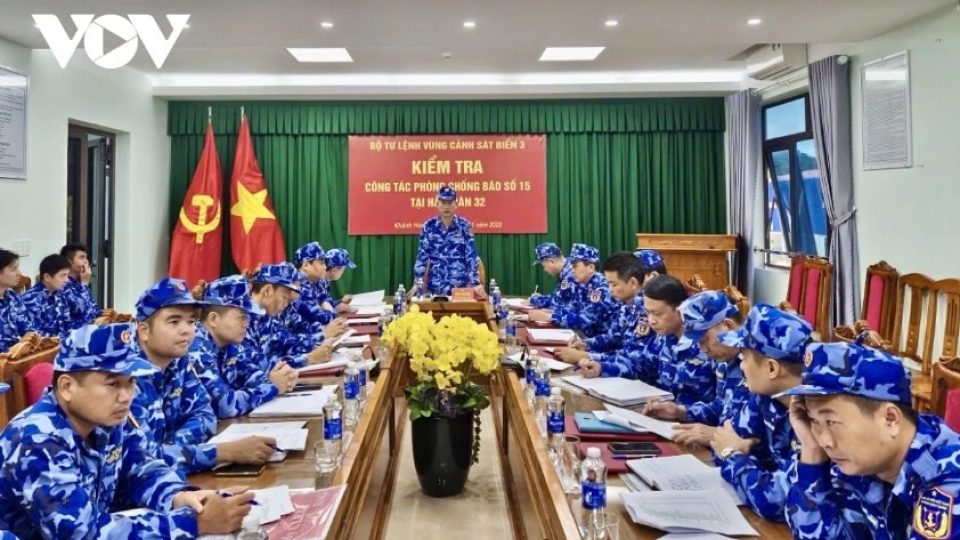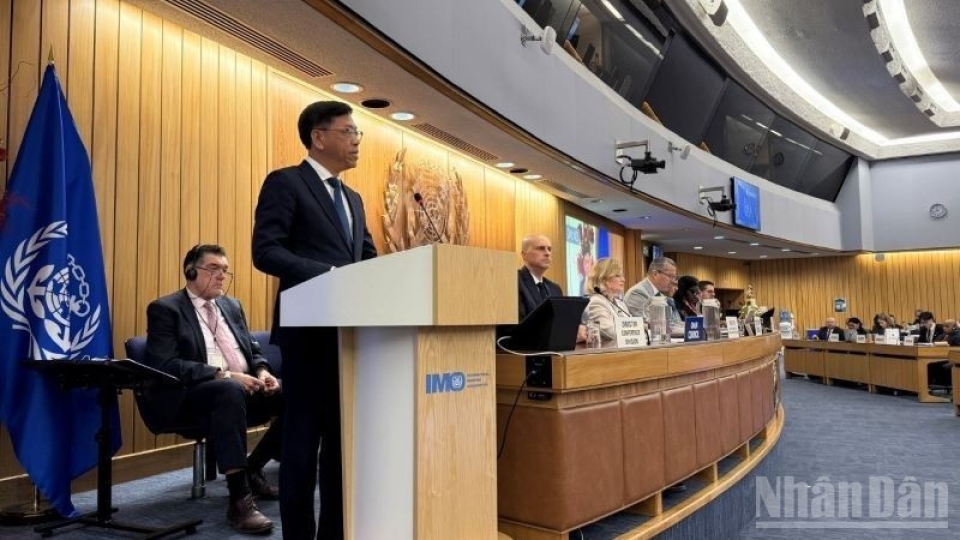Tag: mercosur
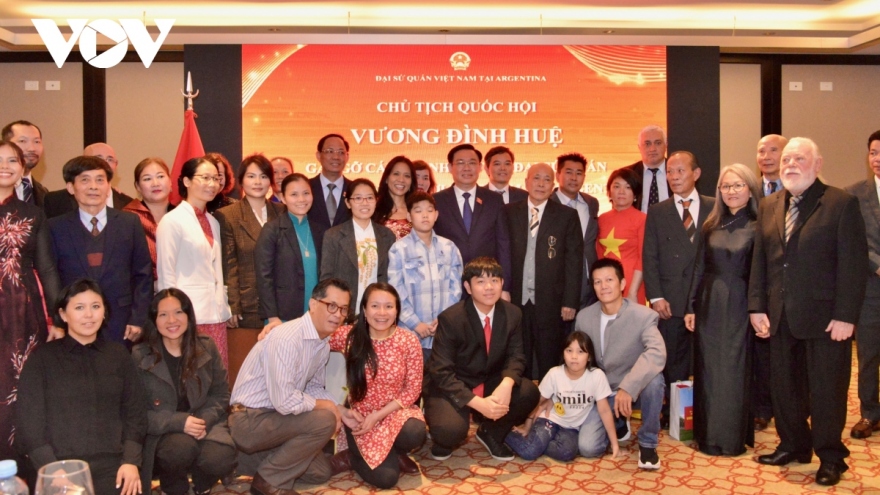
Top Vietnamese legislator meets Vietnamese community in Argentina
VOV.VN - National Assembly (NA) Chairman Vuong Dinh Hue had a meeting with Vietnamese Embassy staff and Vietnamese community in Buenos Aires on April 25 (local time) as part of his ongoing visit to the Latin American nation.

Vietnam, Argentina hold high-level parliamentary talks
VOV.VN - President of the Argentine Chamber of Deputies Cecilia Moreau held talks with Chairman of the National Assembly of Vietnam Vuong Dinh Hue who is on an official visit to Argentina, in Buenos Aires, on April 24 (local time).

Vietnam- Argentina cooperation deal to boost parliamentary ties
VOV.VN - The National Assembly (NA) of Vietnam and the Chamber of Deputies of Argentina are set to sign a co-operation agreement during NA Chairman Vuong Dinh Hue’s official visit to the South American nation with a view to propelling parliamentary relations and the countries’ comprehensive partnership forward, has said Vu Hai Ha, head of the NA’s Committee for External Relations.
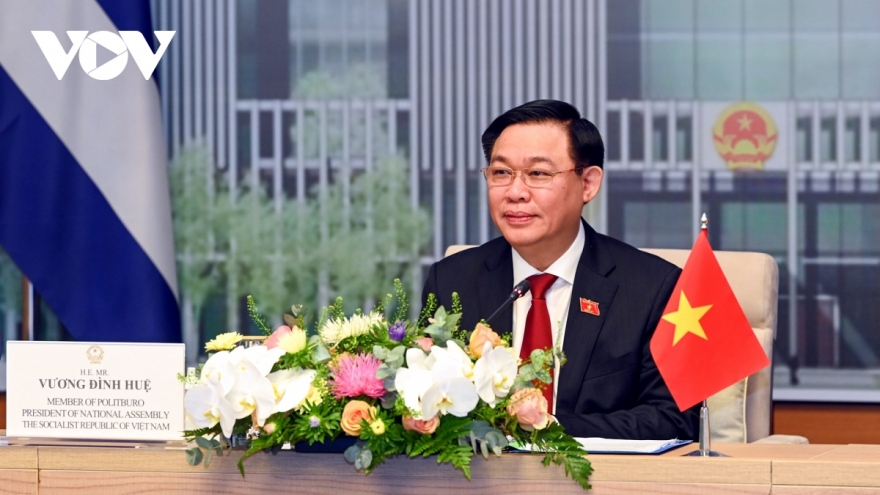
Vietnam, Argentina to elevate comprehensive partnership to new heights
VOV.VN - Chairman of the National Assembly of Vietnam Vuong Dinh Hue is scheduled to pay an official visit to Argentina, one of Vietnam’s leading partners in Latin America, starting on April 24.

Binh Duong looks to step up trade, investment ties with Argentine localities
A delegation of Binh Duong province led by Vice Secretary of the provincial Party Committee Nguyen Hoang Thao paid a working visit to Argentina on April 7-10 to explore investment opportunities and expand business cooperation with localities and the business community of the South American country.
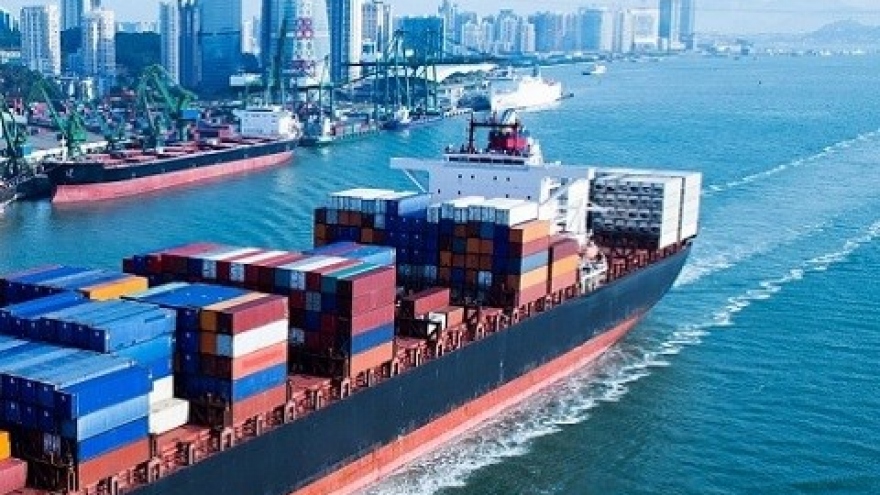
Vietnam promotes negotiations of FTA with Mercosur
The Ministry of Industry and Trade (MoIT) is taking measures to promote the negotiations of a free trade agreement (FTA) with the Southern Common Market (Mercosur - including Brazil, Argentina, Uruguay, and Paraguay), which is expected to be a driving force for Vietnam to tap the Latin American market.
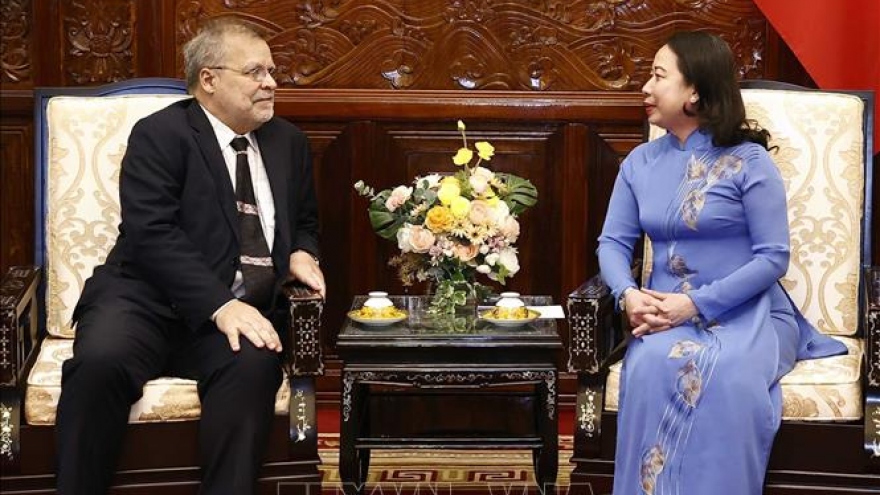
Vietnam desires to foster cooperative ties with Brazil
VOV.VN - Vietnam attaches importance to and wishes to boost its cooperative tis with Brazil, one of Vietnam’s leading important partners in Latin America, said acting State President Vo Thi Anh Xuan,
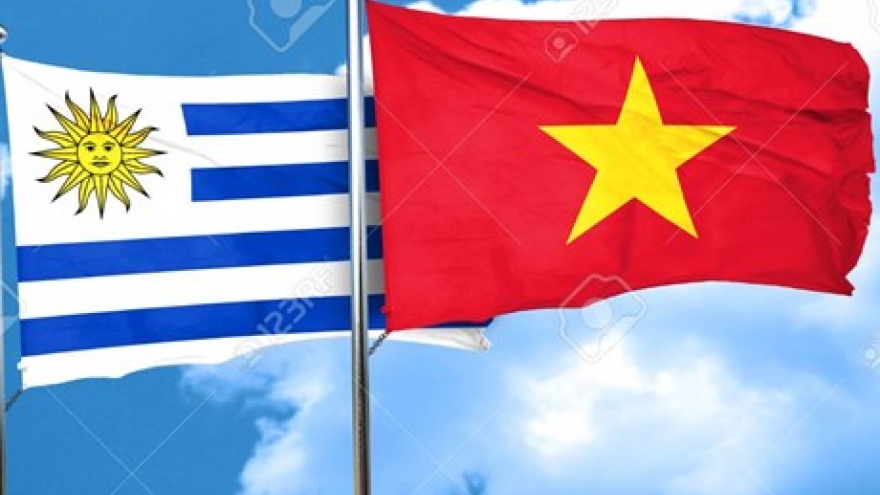
Uruguay keen to promote sound relations with Vietnam
VOV.VN - Uruguayan President Lacalle Pou joined with Vietnamese Ambassador Duong Quoc Thanh to discuss a range of measures aimed at further promoting strong ties between the two countries amid both nations set to celebrate the 30th anniversary of their diplomatic ties ahead in 2023.
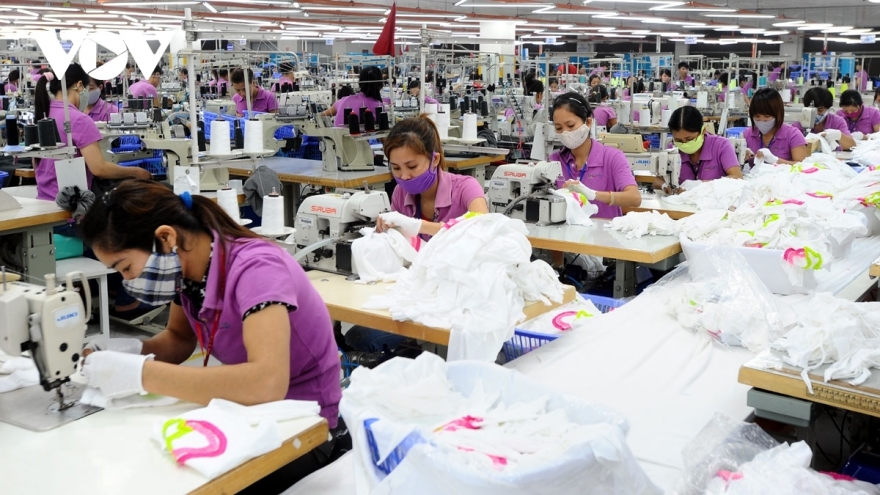
South America viewed as potential market for Vietnamese apparel
VOV.VN - Despite trade activities between the nation and South American nations seeing growth in recent times, it remains far from fulfilling its full potential, especially for the textile and garment sector, according to industry insiders.
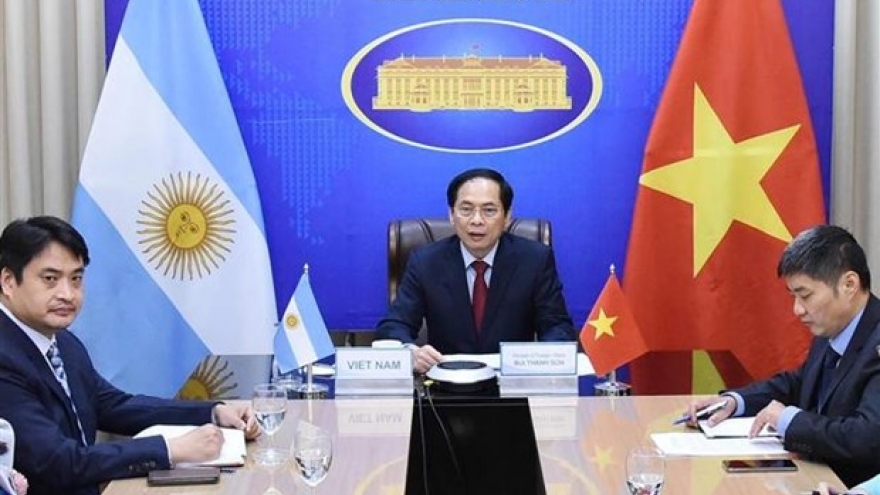
Argentina, Vietnam expect stronger comprehensive partnership
VOV.VN - Vietnam always places great importance on its relationship with Argentina and stays ready to work with the country to further develop their bilateral comprehensive partnership in a deeper and more effective manner.


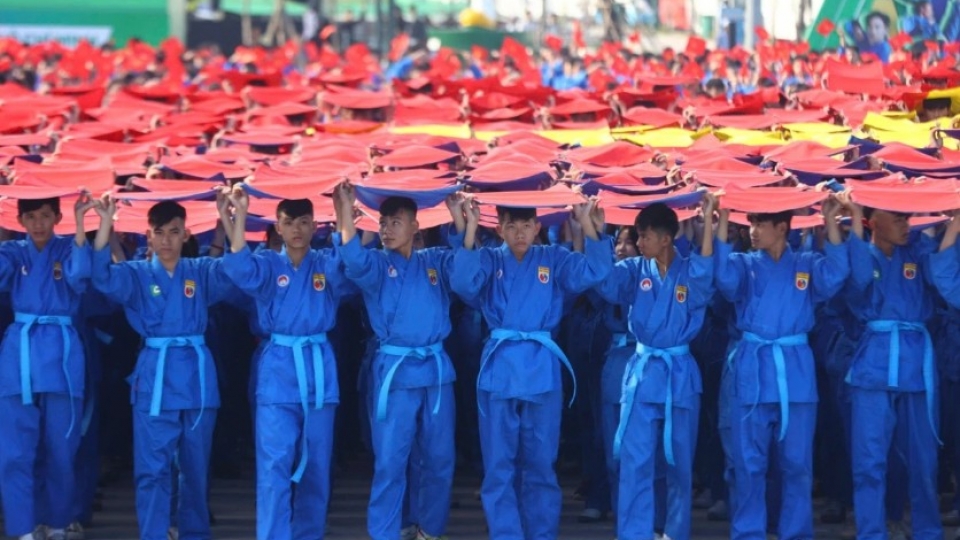
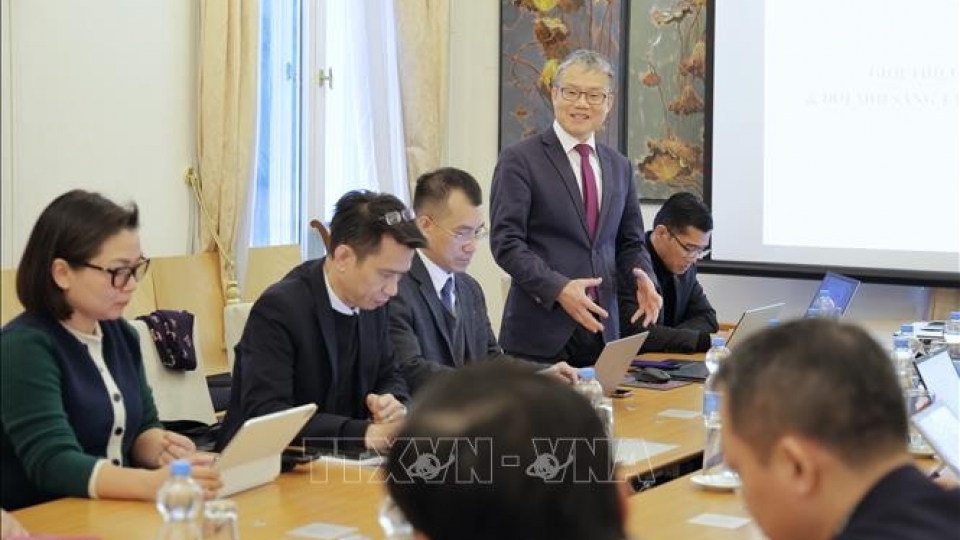
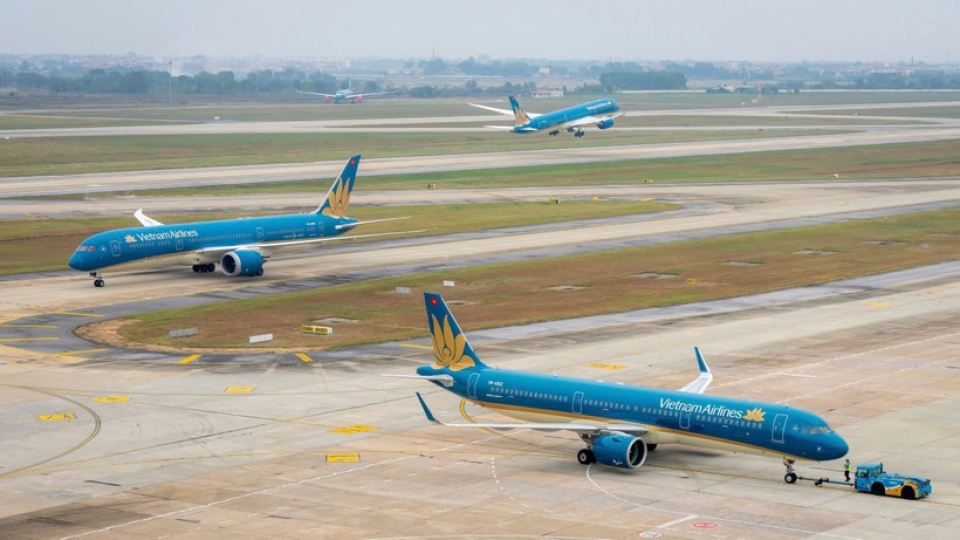
 presents commendation certificates to Japanese host companies pict1.jpg)
 speaks at the sixth Asia–Europe Political Forum in Hungary.jpg)
